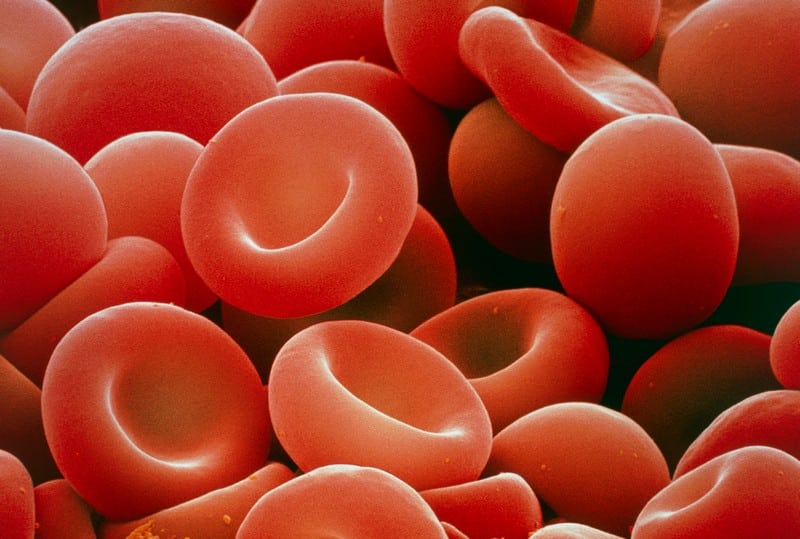Thalassemia

Thalassemia refers to the inherited blood condition where the body produces an abnormal type of hemoglobin. As previously mentioned, this is the molecule protein in the RBCs that deliver oxygen. The condition results in the excessive obliteration of RBC, leading to anemia, which is the disorder of not having adequate, healthy, and normal RBC. Thalassemia is generally inherited, meaning one or both parents may be carriers of the condition. It may either be caused by genetic mutations or the deletion of specific gene fragments.
Most of the symptoms of the condition are bone deformities, excessive fatigue, pale or yellow skin, delayed growth, and darkened urine. Medical professionals diagnosing the disorder will likely have to take a sample of blood, which will be tested for abnormal hemoglobin and anemia. Physical examinations may also help with the diagnosis depending on its severity and type. Treatments for thalassemia are on a case-by-case basis, including blood transfusions, transplants of the bone marrow, supplements and medications, and surgery.










